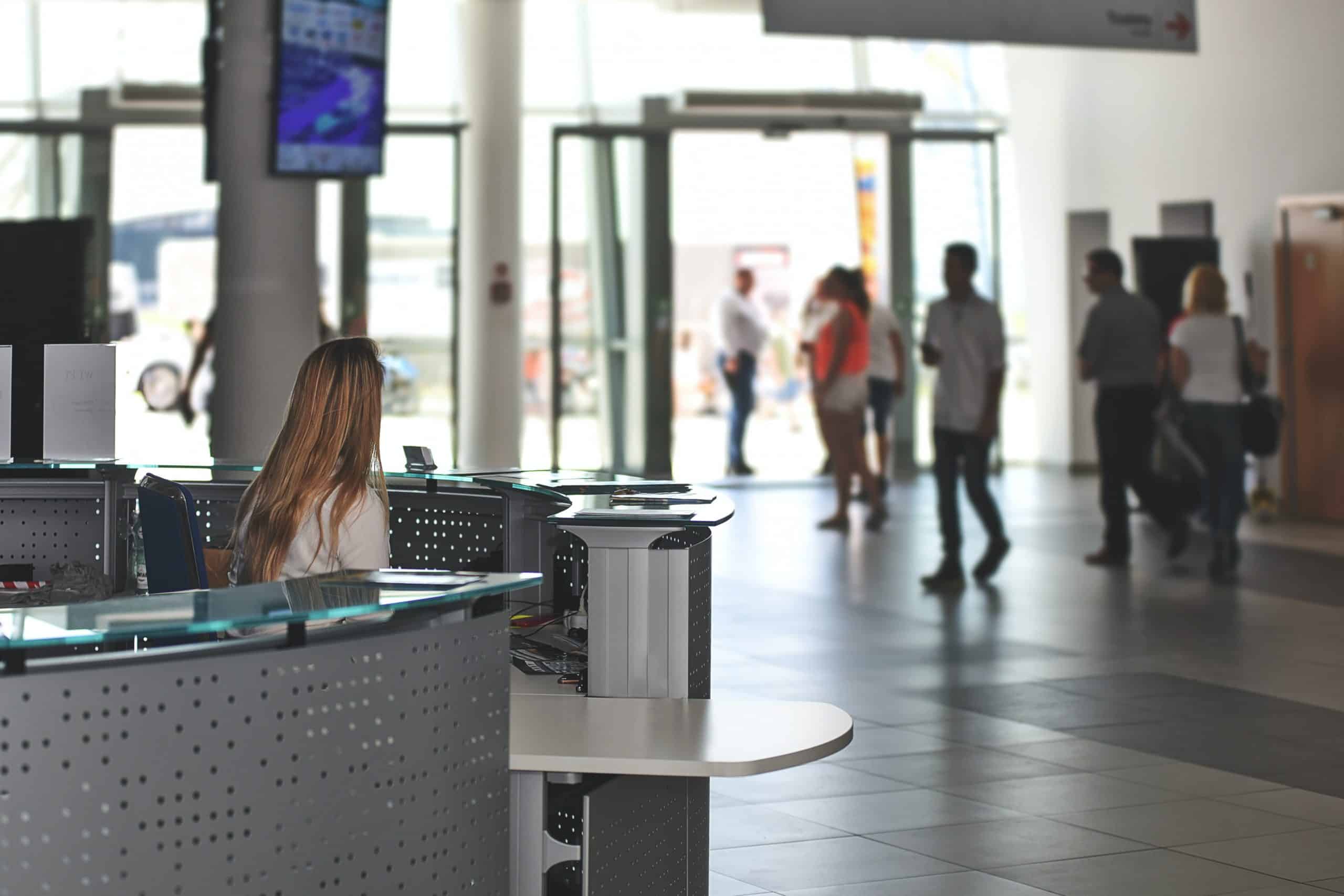HMRC have won their case at the Court of Appeal (CoA) concerning Business Premises Renovation Allowance (BPRA). BPRA was a generous allowance that allowed businesses to claim 100% of their qualifying expenditure in renovating existing business premises and bringing them to a condition where they could be used or be suitable for letting in a disadvantaged area against taxable profits. It was only in existence for a short time and claims have not been allowed for expenditure incurred after 31 March / 5 April 2017.
An appropriate property was sourced by a developer, an old training centre near Luton Airport that was a qualifying location, and a plan devised to convert the old business premises into a hotel. Architectural plans were drawn up and planning permission was obtained. The developer agreed a construction contract with a contractor. Investors were sought for the project. To entice the investors the tax advantages for the scheme were heavily promoted. The scheme operated by the investors coming together as partners in an LLP and this LLP would then contract with developer to develop the project by payment of a development sum of just over £12.5m. The development sum would be paid to the developer on day 1 with the hope that most of this would be treated as qualifying for BPRA allowing the investors to offset the first year losses of the tax transparent LLP against taxable income (via sideways relief) of the relevant tax year, year ended 5 April 2011 in this case.
HMRC disagreed with this treatment holding that a considerable amount of the development sum did not qualify for BPRA, some £5.3m, stating that the allowable claim was only £7.2m. The case was heard at the lower tax tribunals before ending up at the CoA. The CoA held the relevant legislation should be construed narrowly, any expenditure “on, or in connection with” the renovation project that would qualify for BPRA would have to have a close nexus to the conversion project. The CoA held that the development sum constituted a package of goods and services that did require further analysis and its constituent parts examined. The LLP had argued differently. The CoA found that certain elements didn’t have a close nexus to the conversion of the property and determined many items as non-qualifying for BPRA.
The CoA upheld HMRC’s decision to deny BPRA and remitted the case back the lower tax tribunal to agree a method to apportion a residual amount between qualifying and non-qualifying. As much of the BPRA has been denied the taxpaying investors will now have greatly reduced tosses to offset against their taxable income for 2010/11 and are the real economic losers. The scheme promoters earned their fees irrespective of the success of the scheme.
The decision can be found at: London Luton Hotel BPRA Property Fund LLP v The Commissioners for HMRC – Find case law (nationalarchives.gov.uk)
Determining what expenditure qualifies for capital allowances can be tricky as the above case highlights. We are very experienced with this subject matter and can help you plan expenditure to take advantage of these very generous tax deductions. Please do contact us if you would like assistance.
Please contact us if you have been asked to participate in a tax avoidance scheme where significant capital allowances are expected at the start to offset against taxable income. Many of these schemes have been shown to be ineffective.



